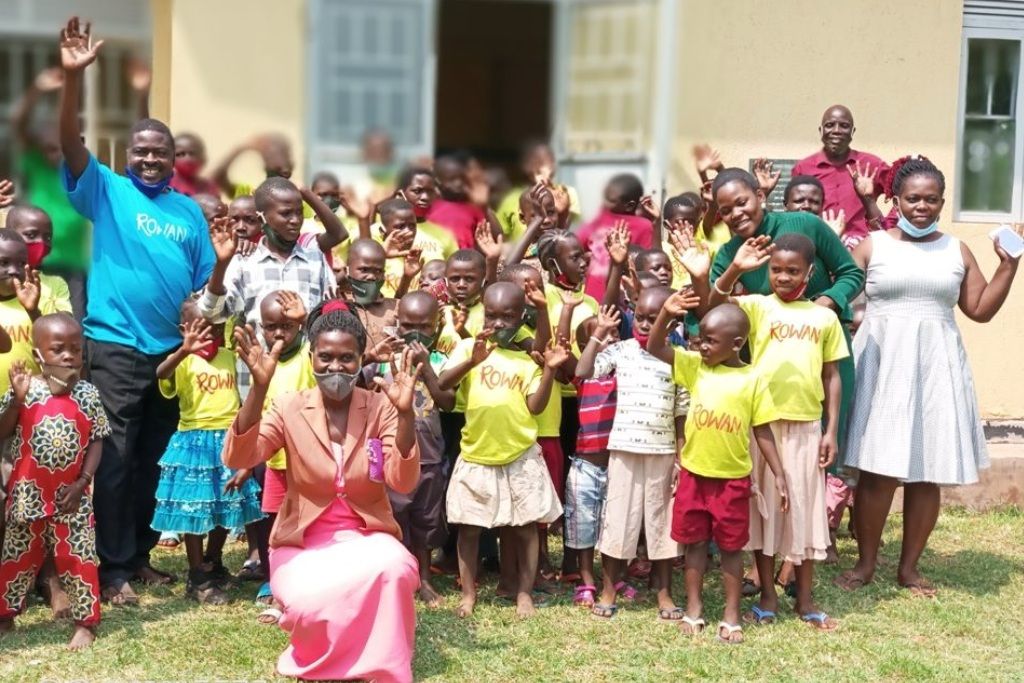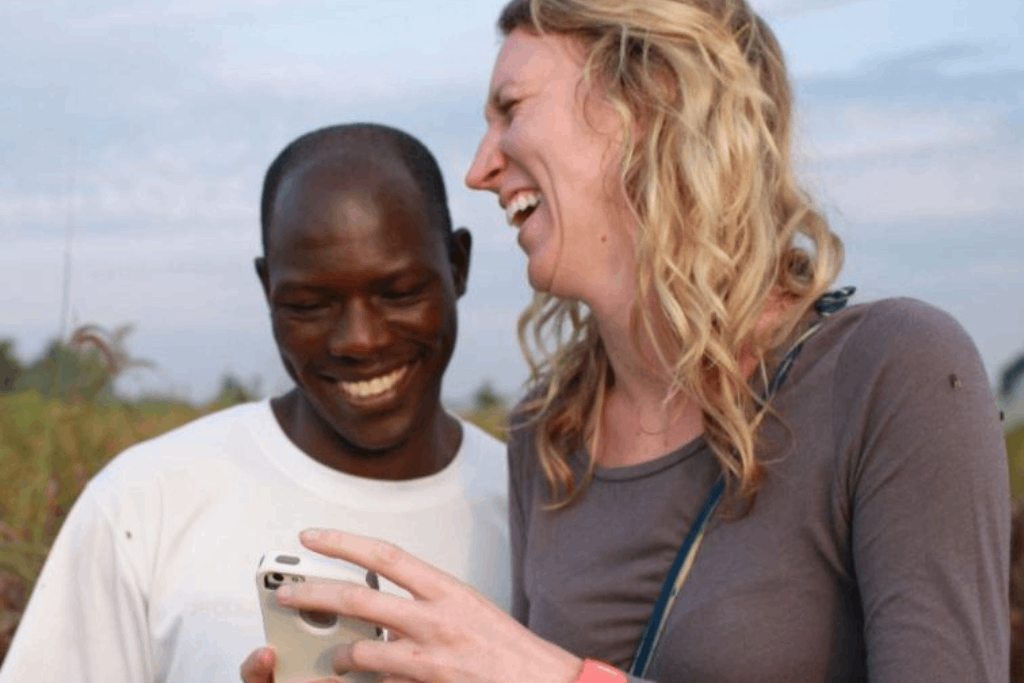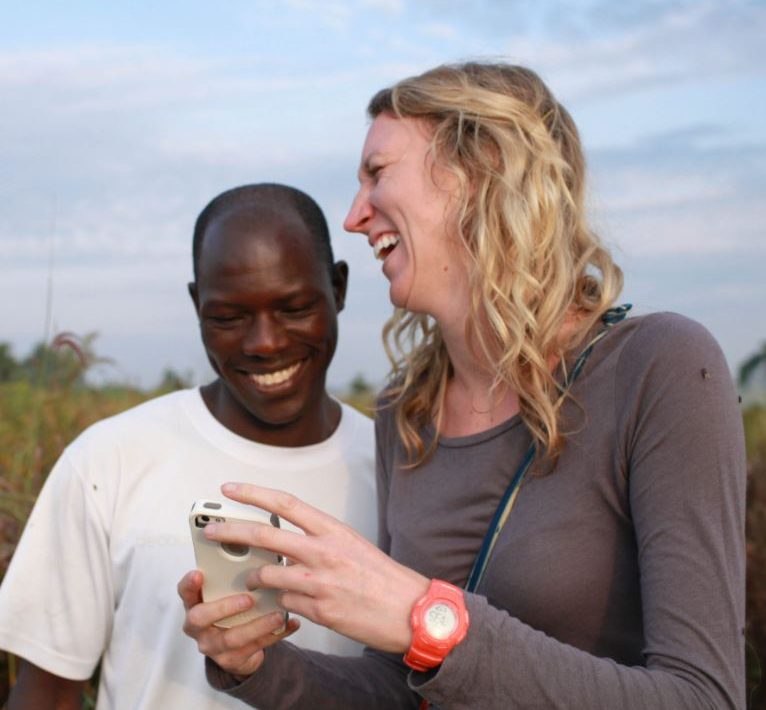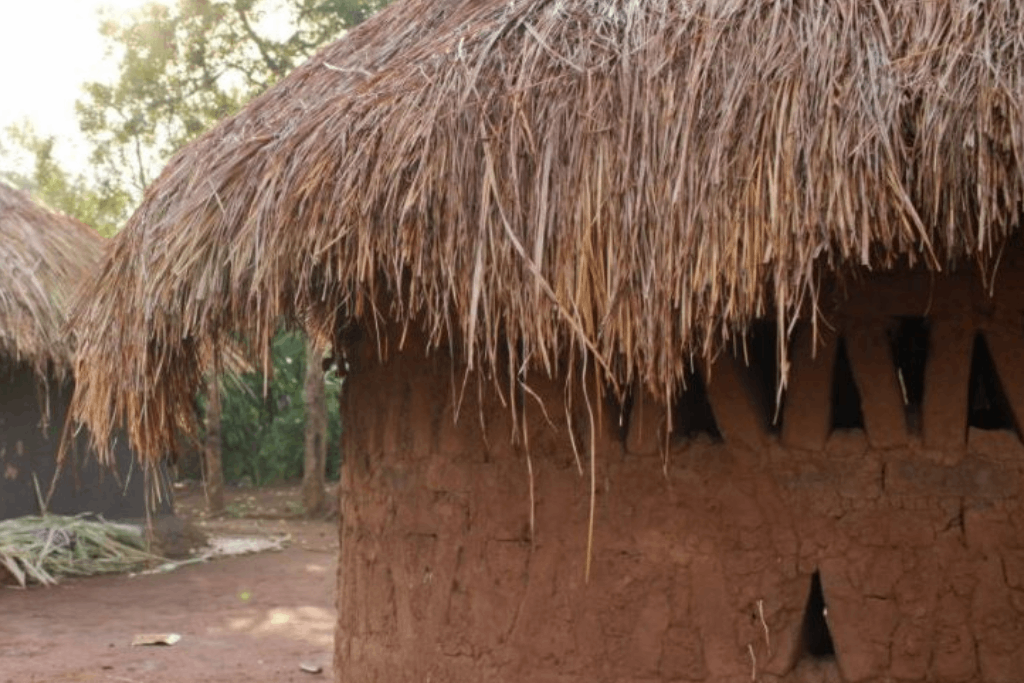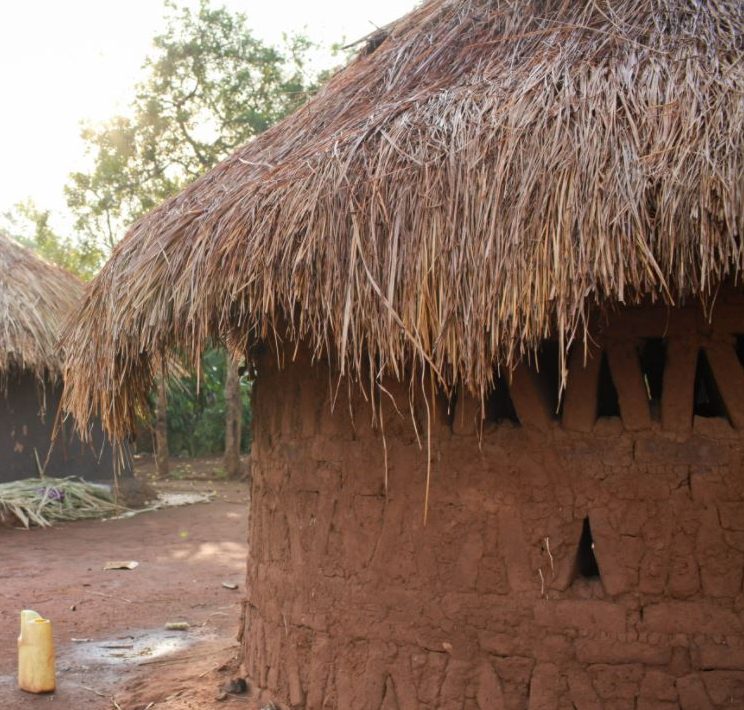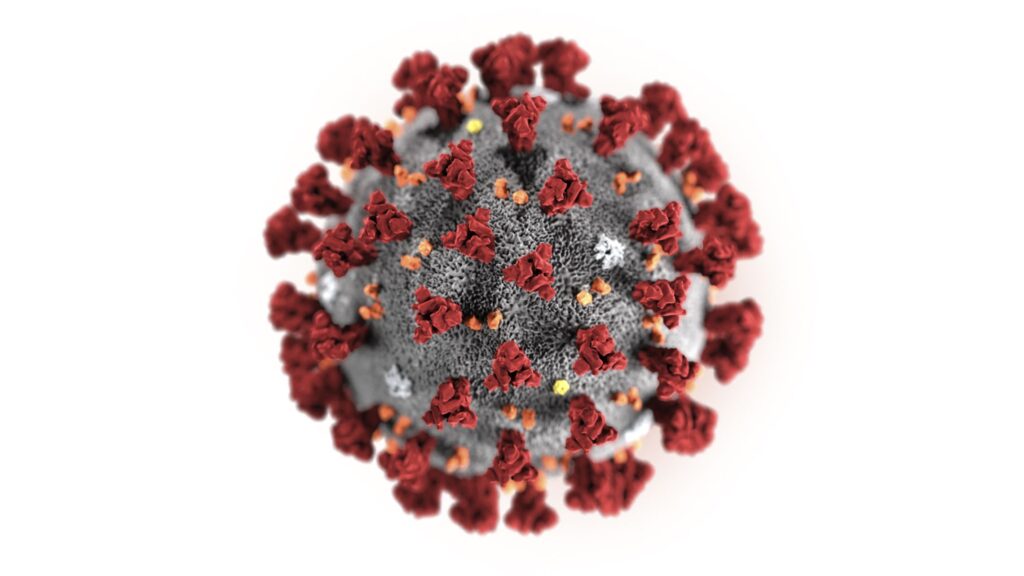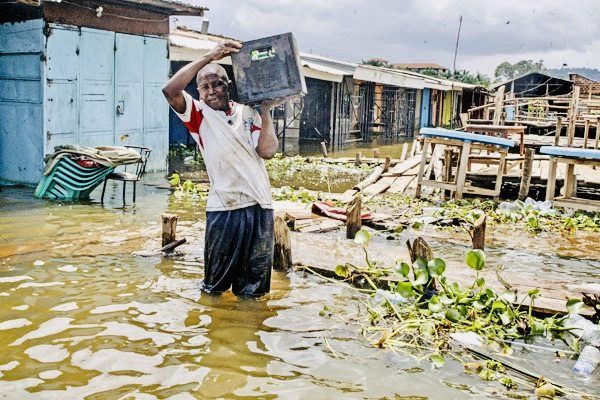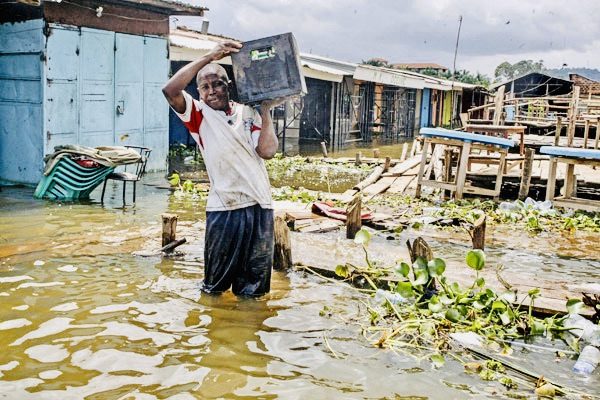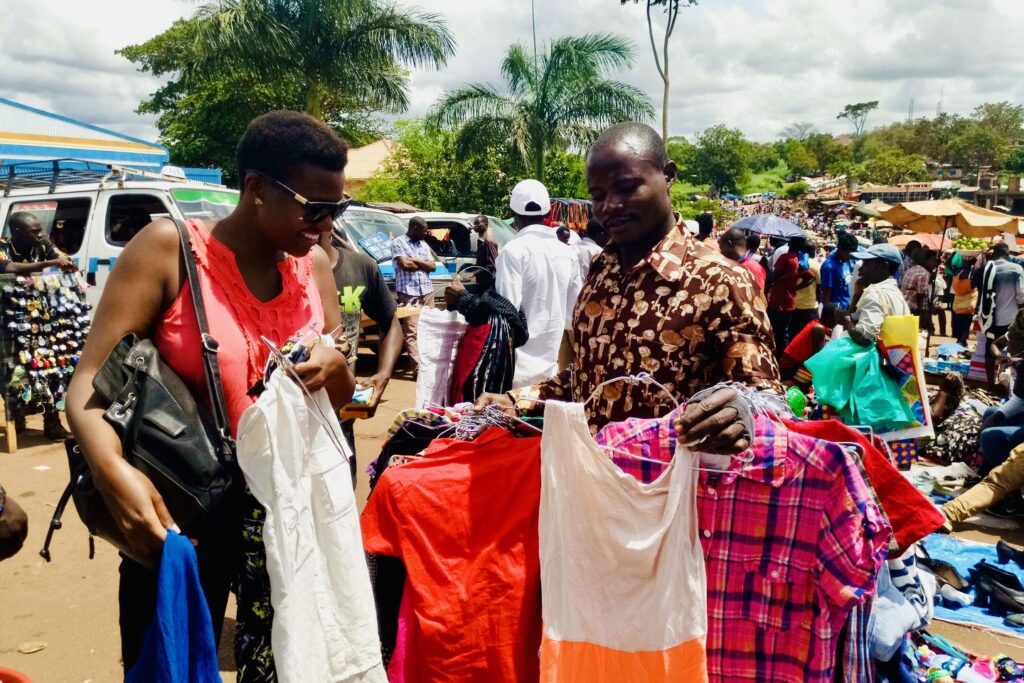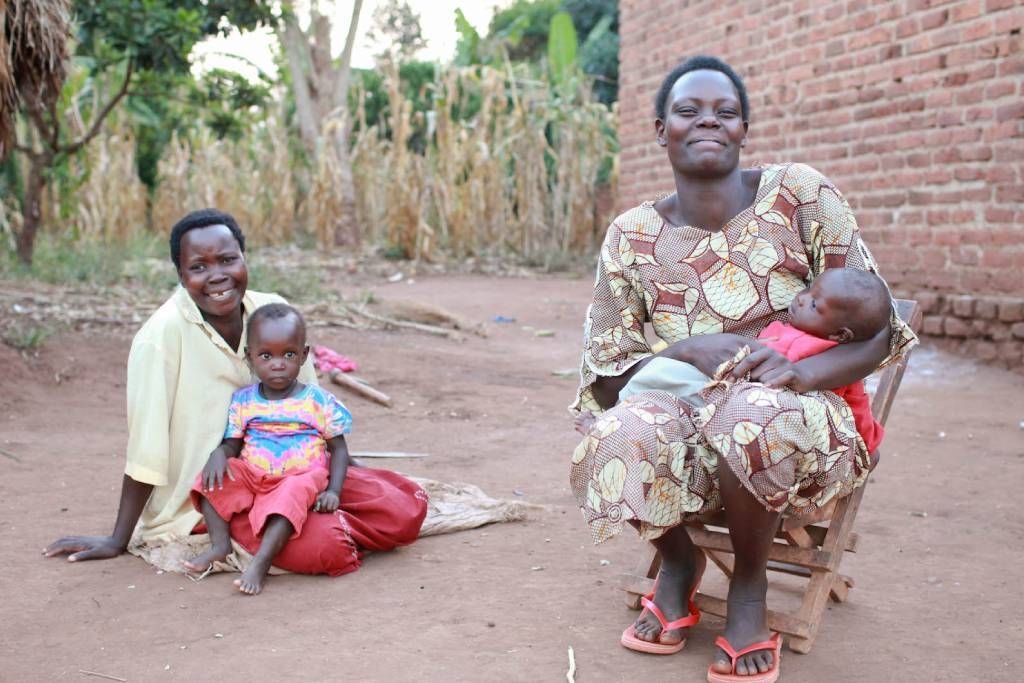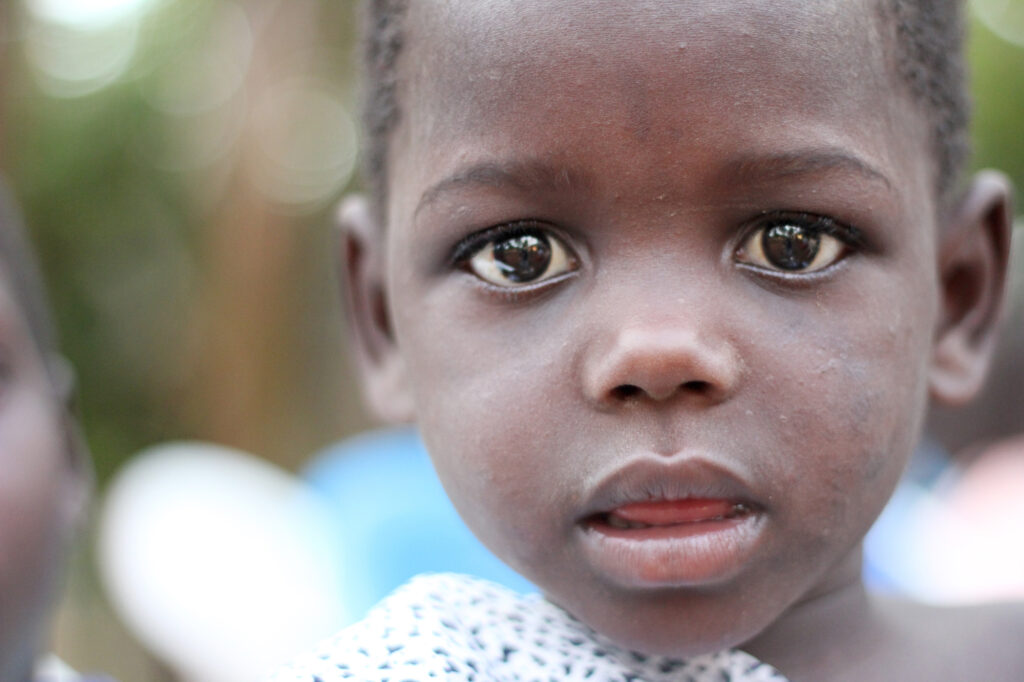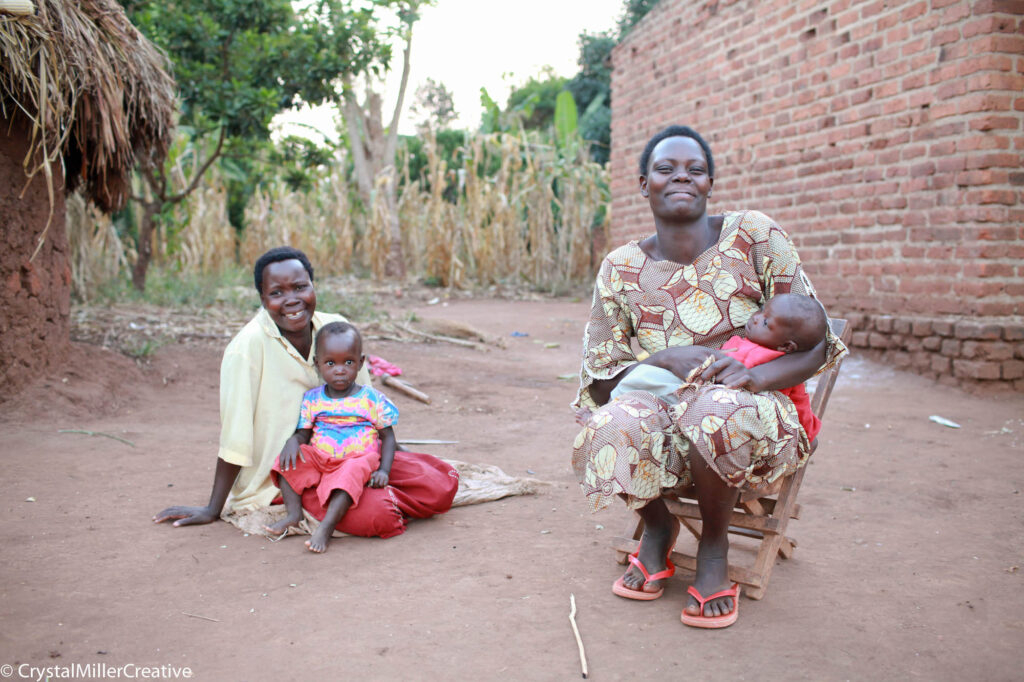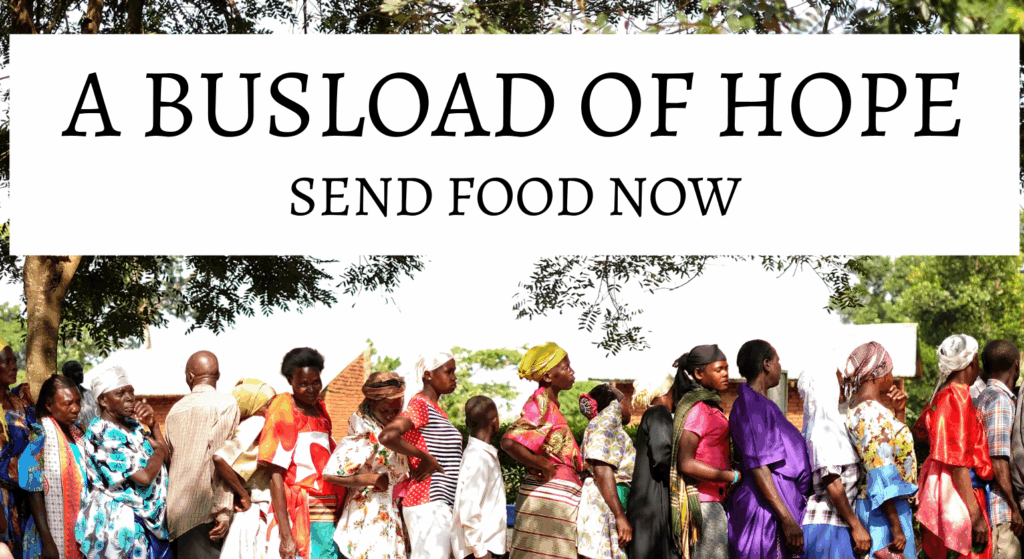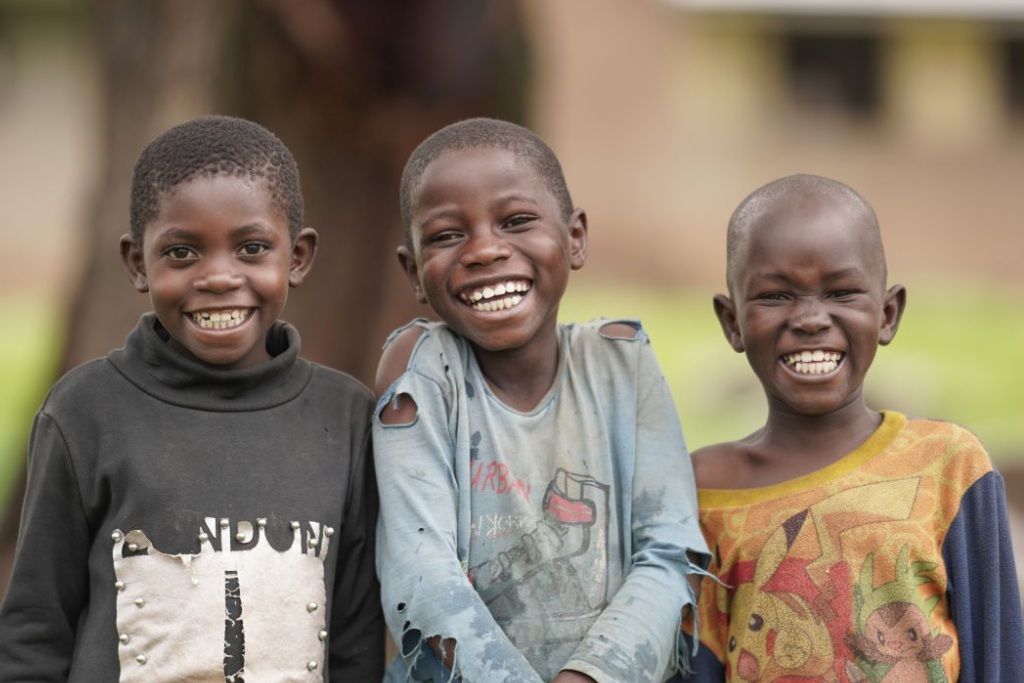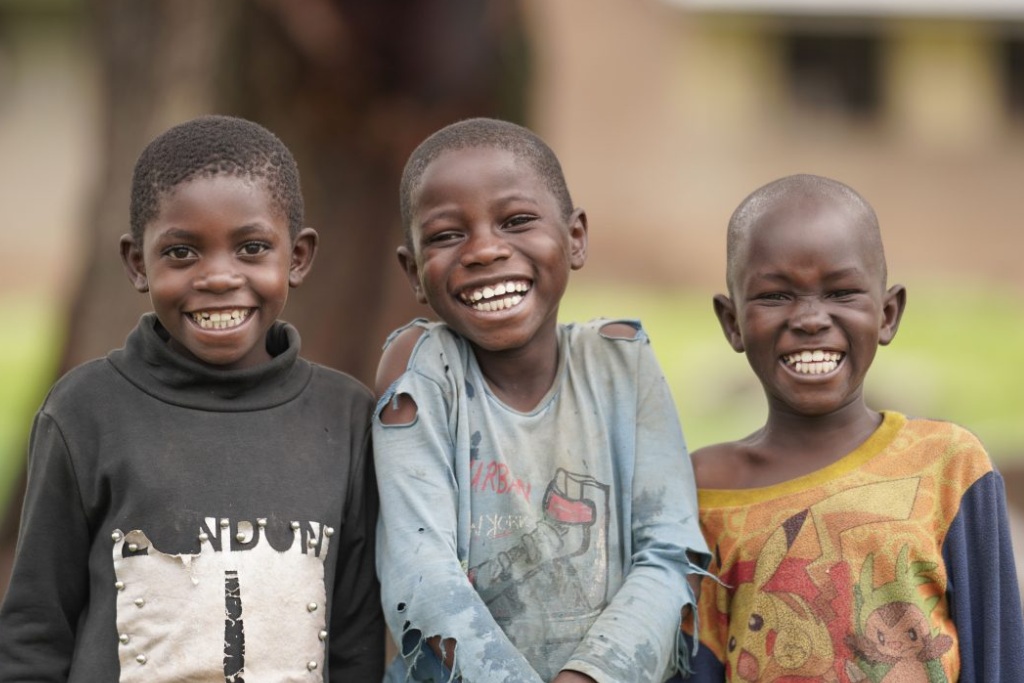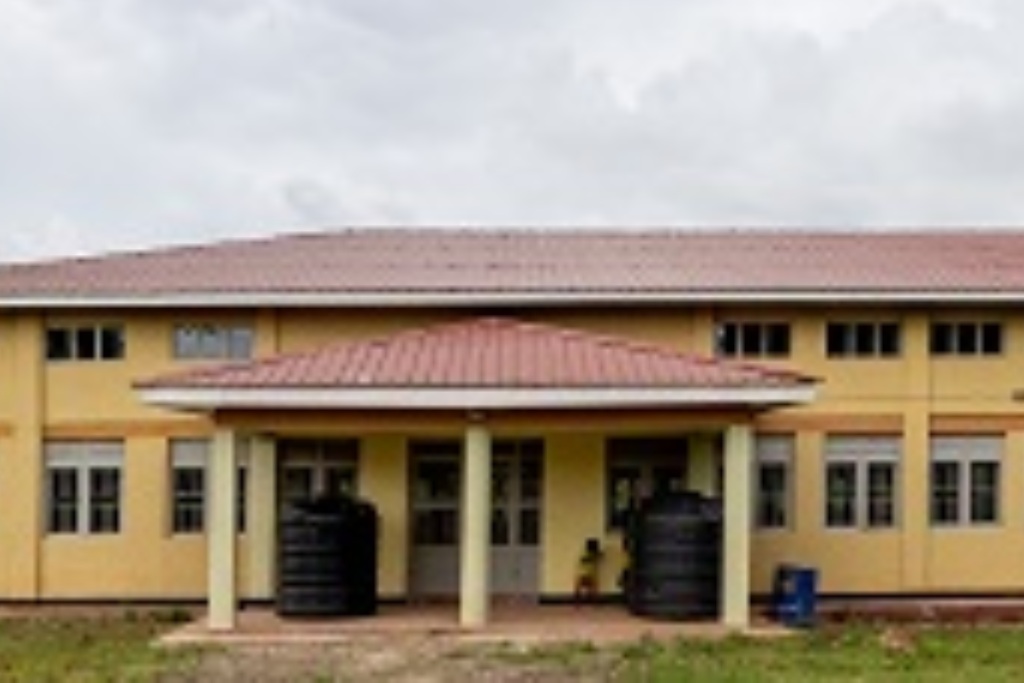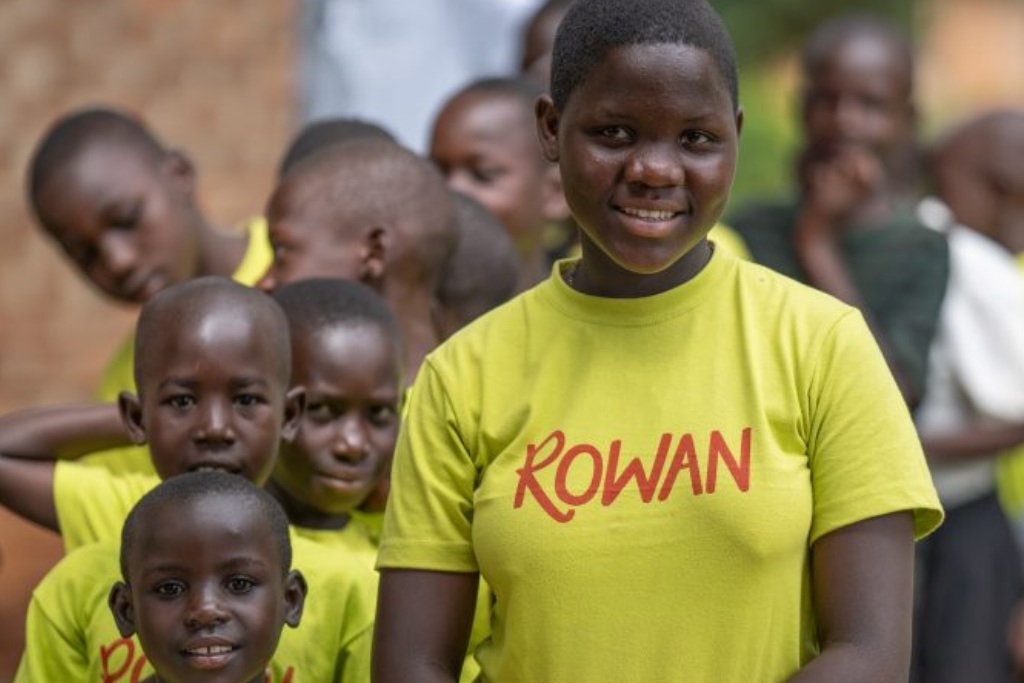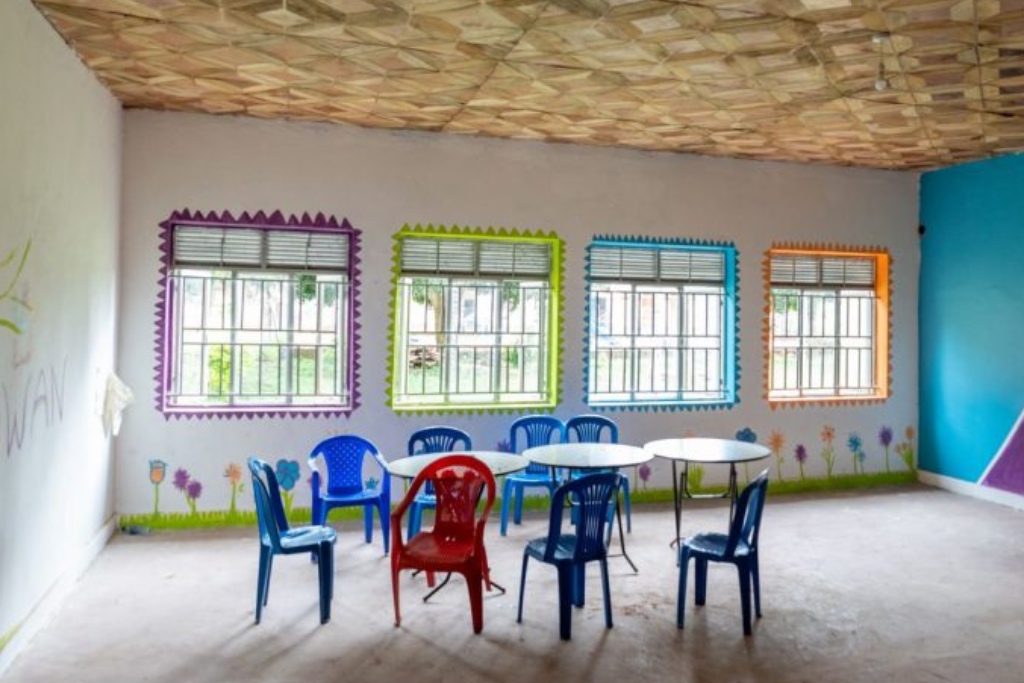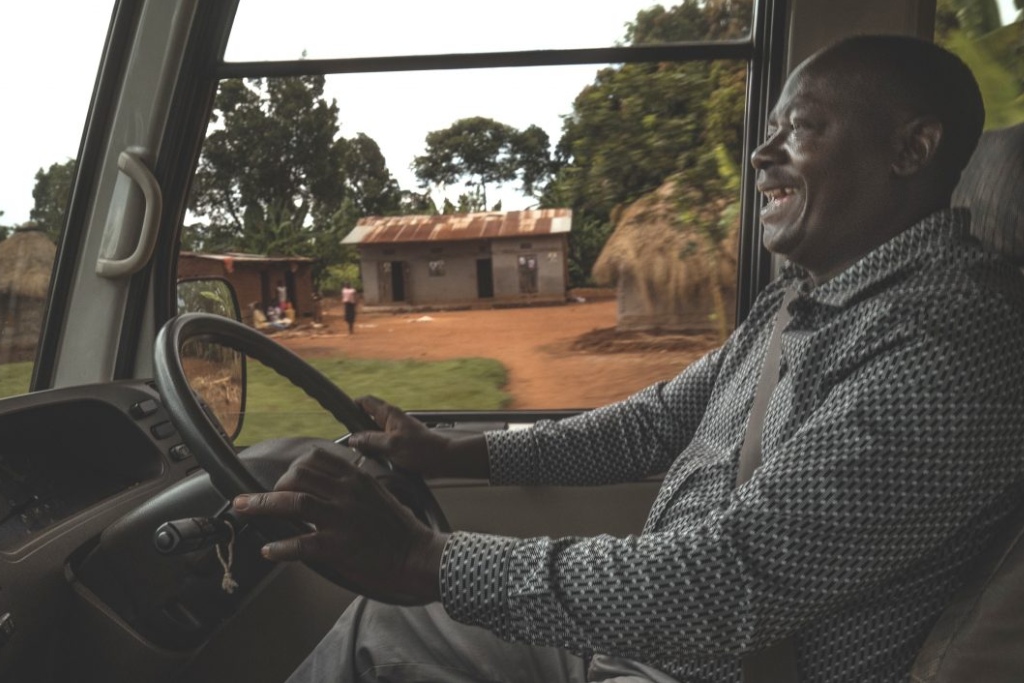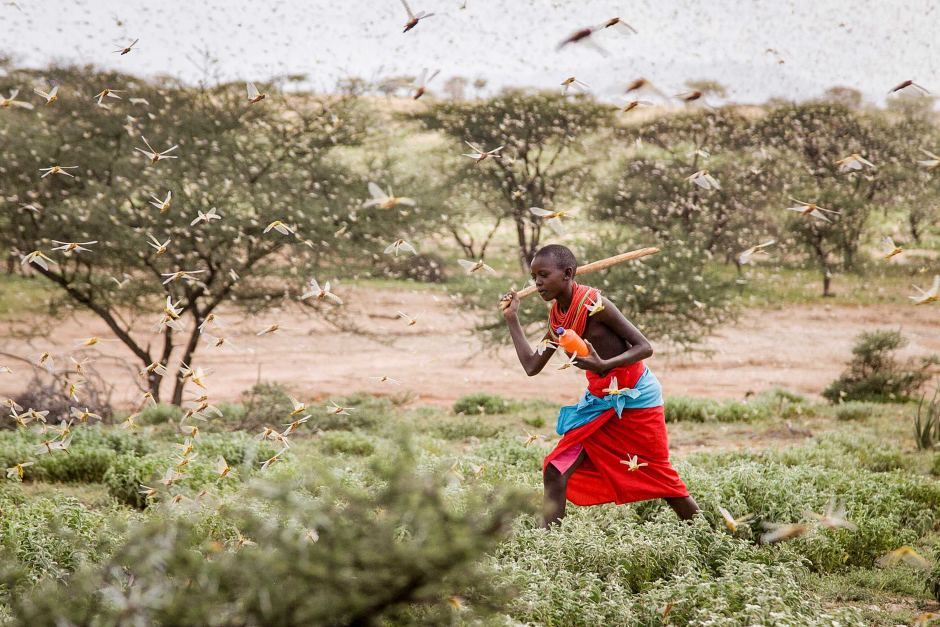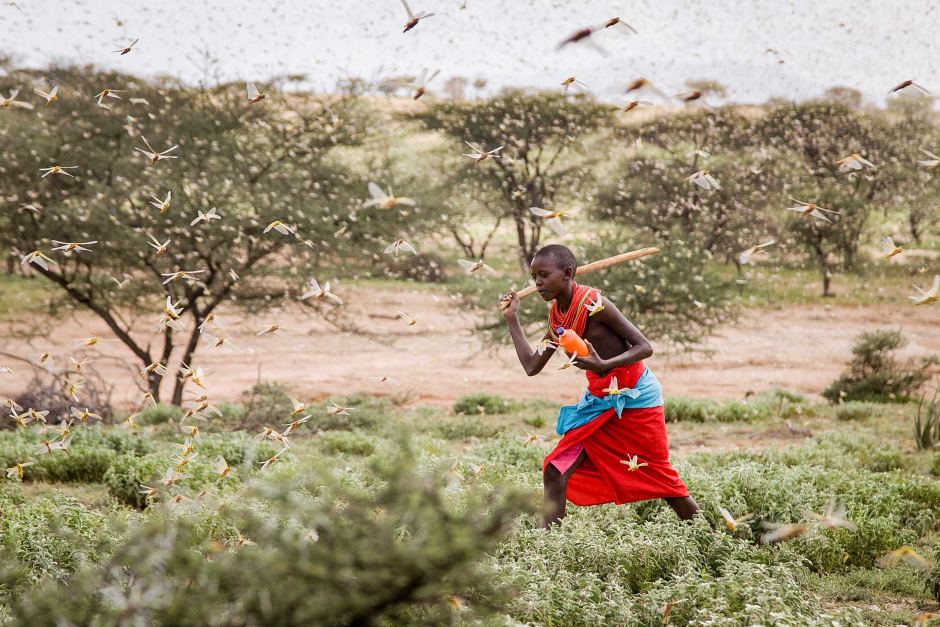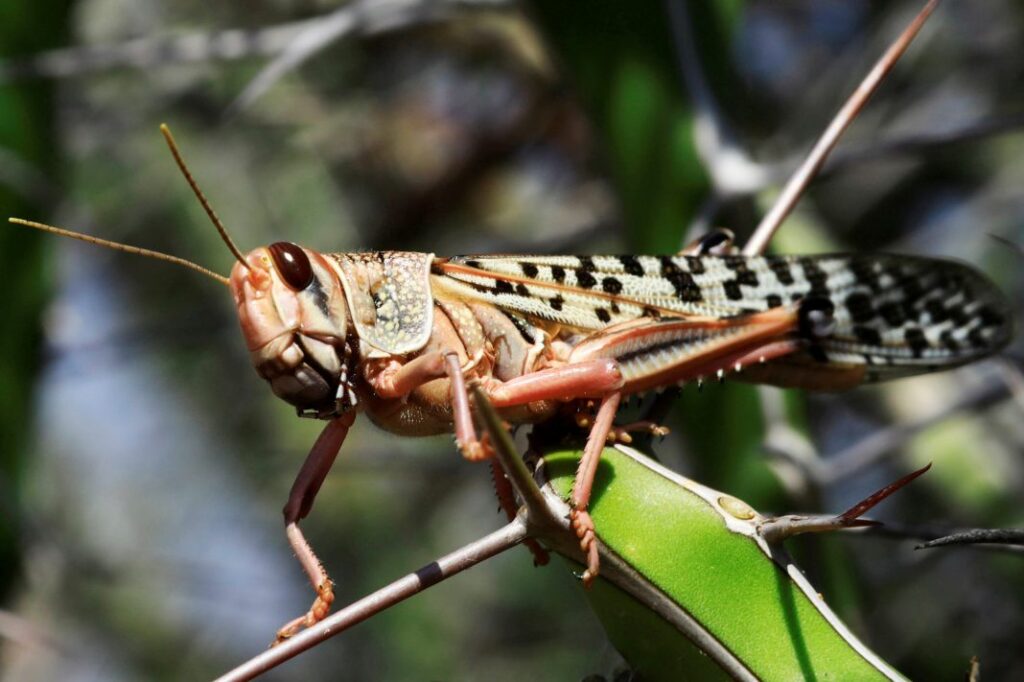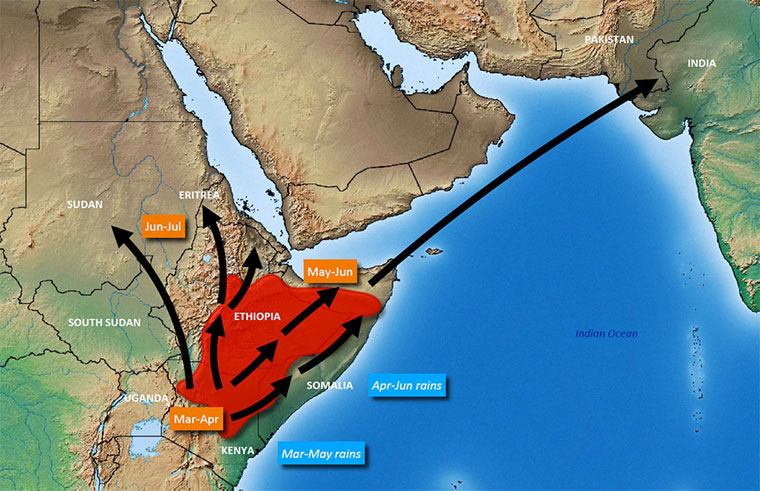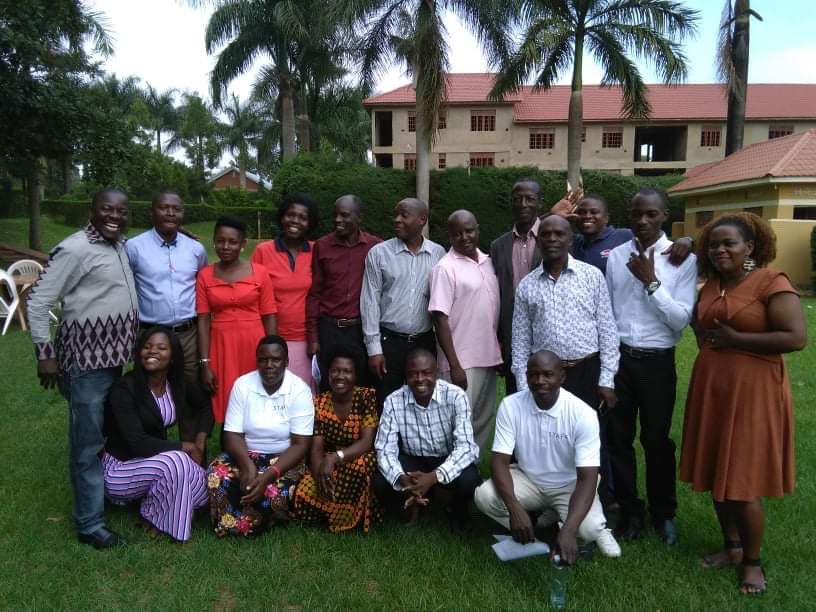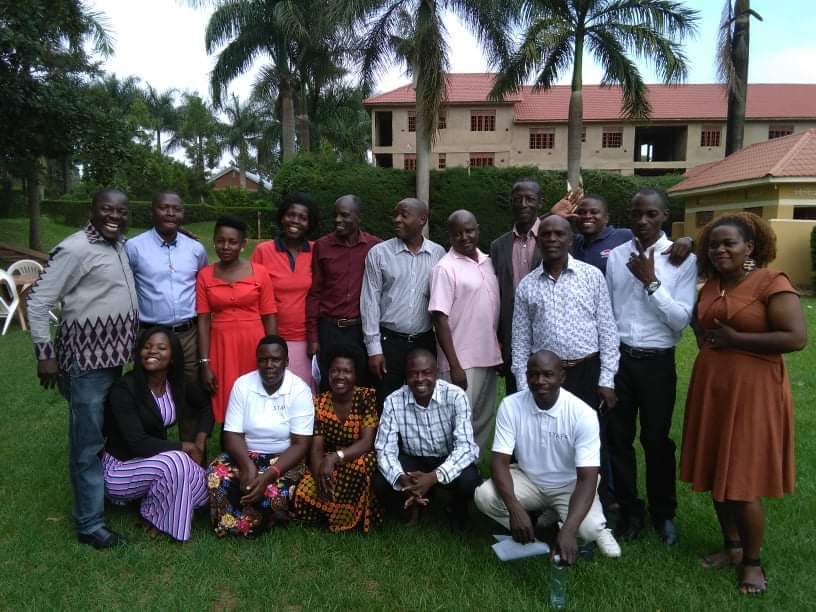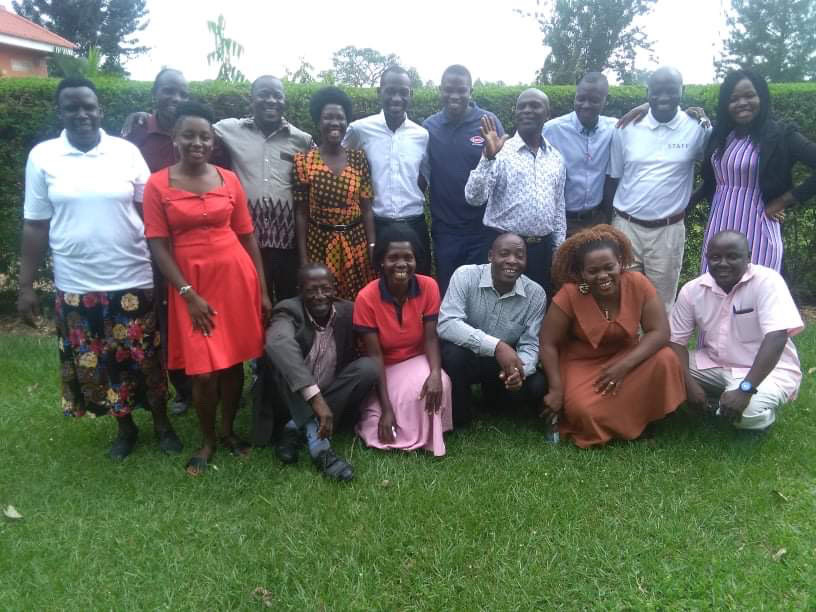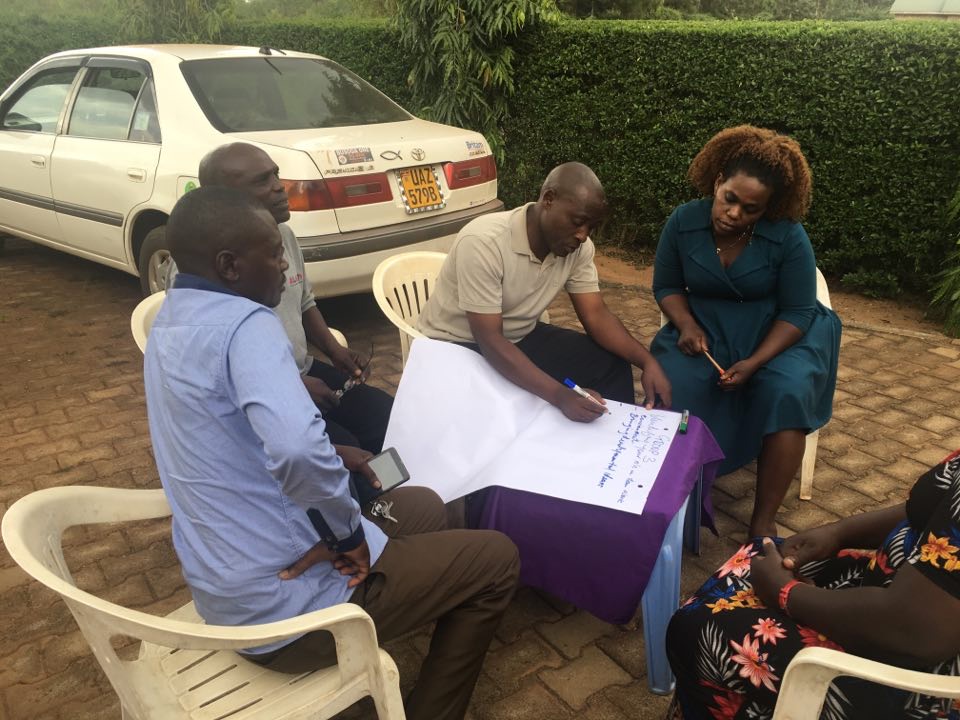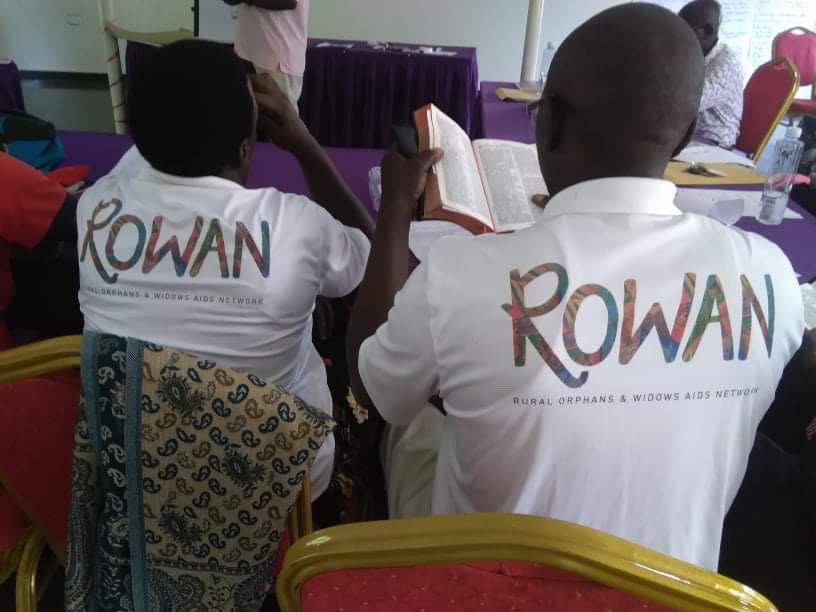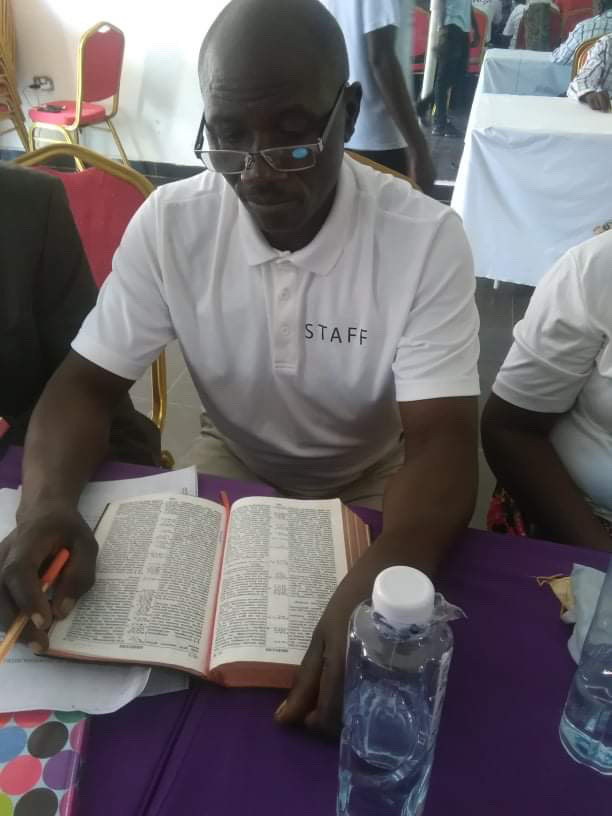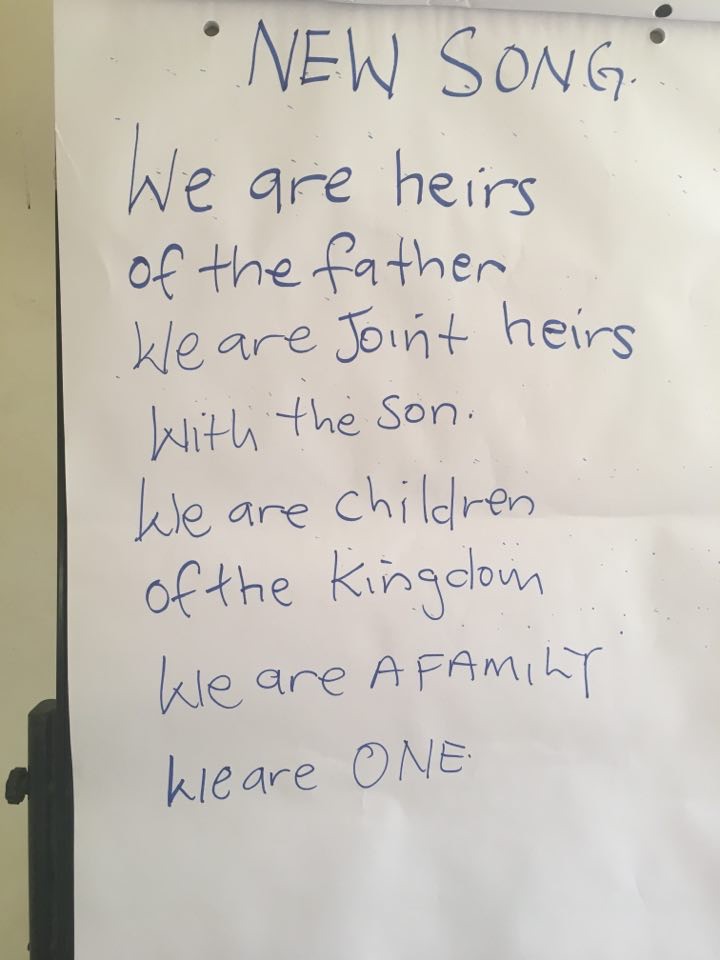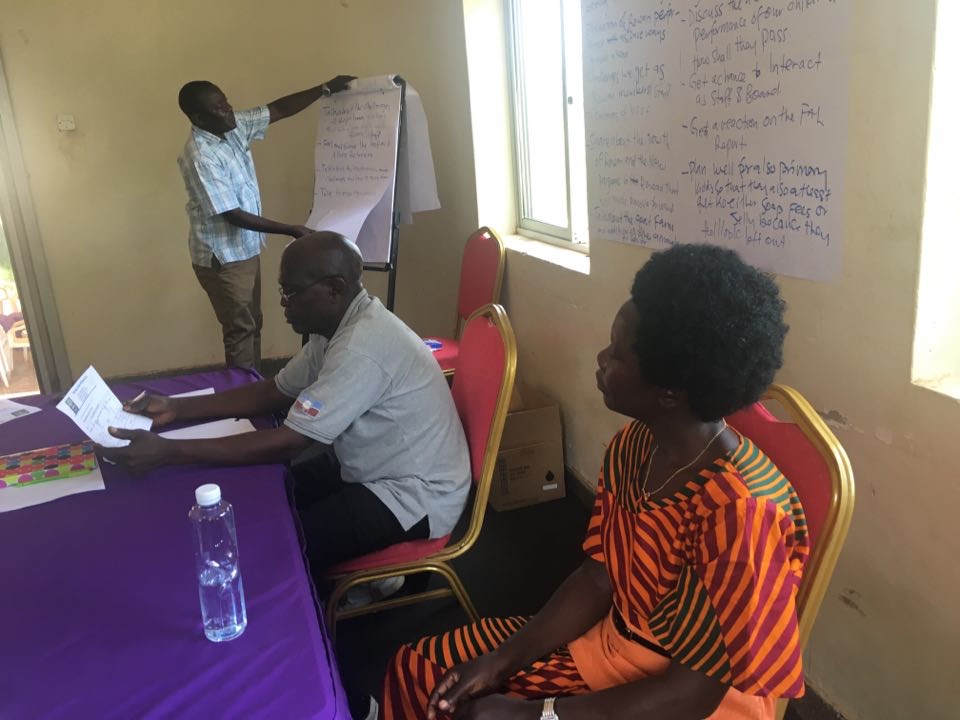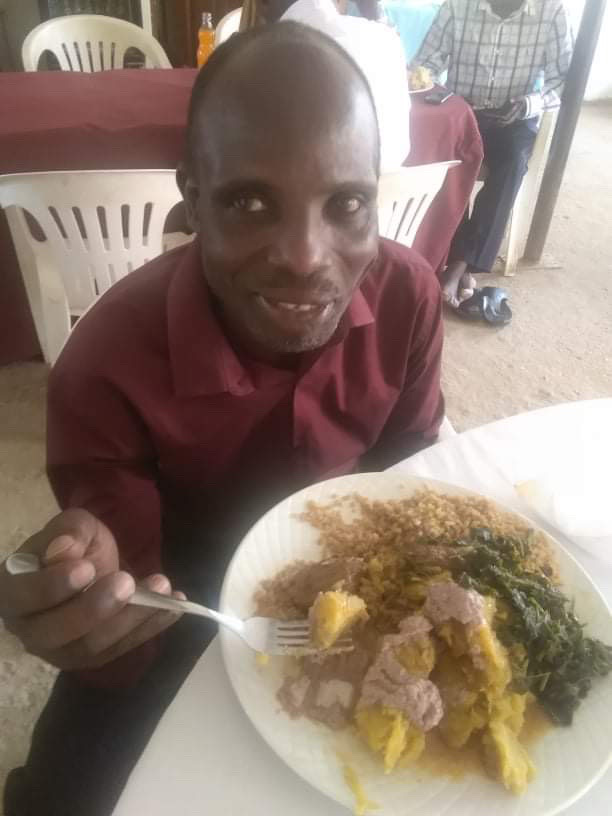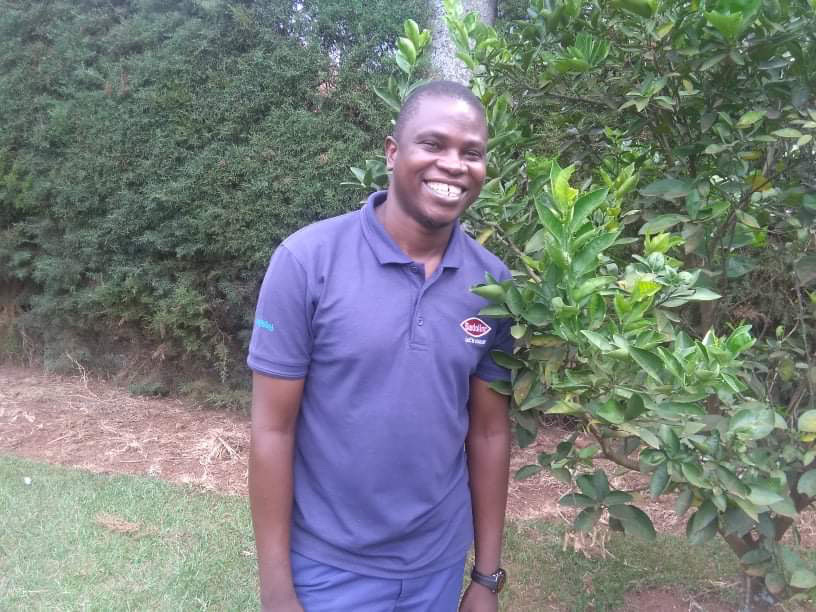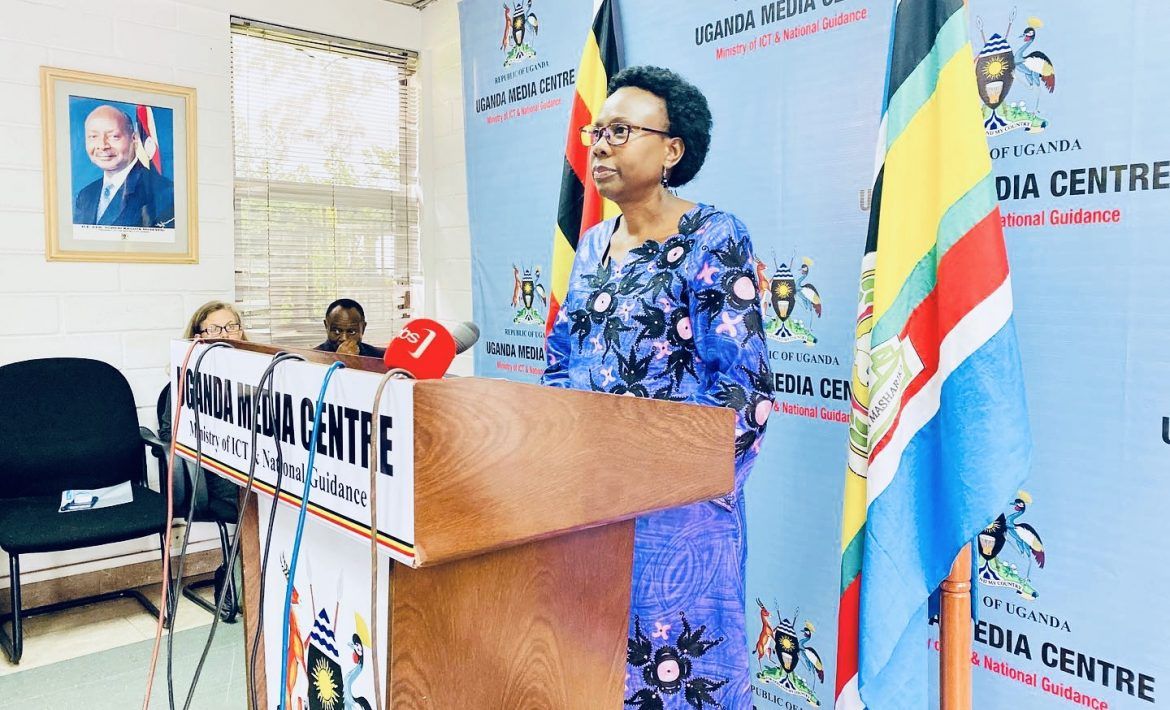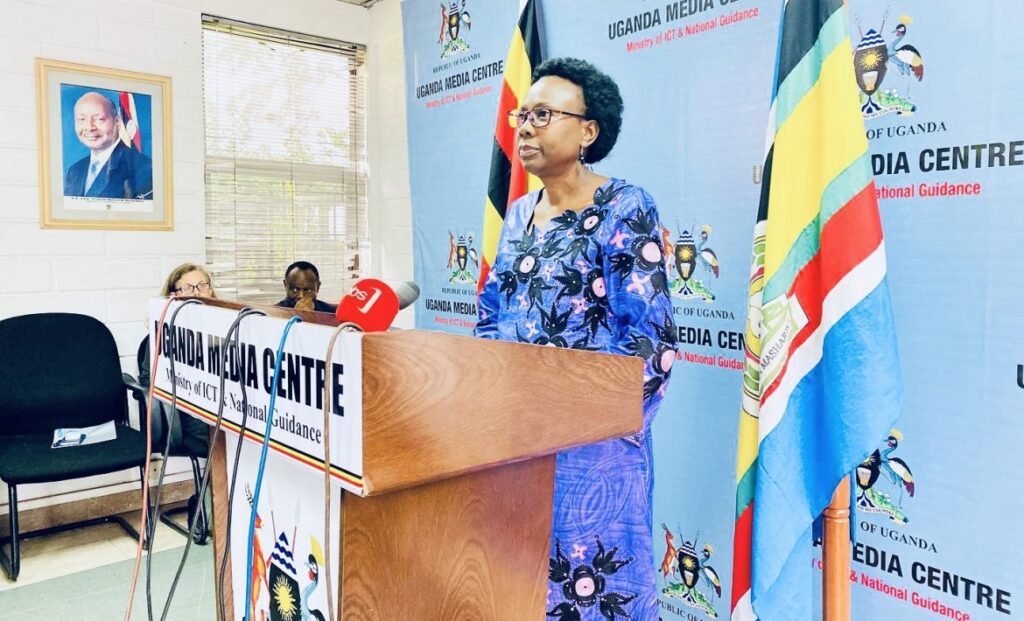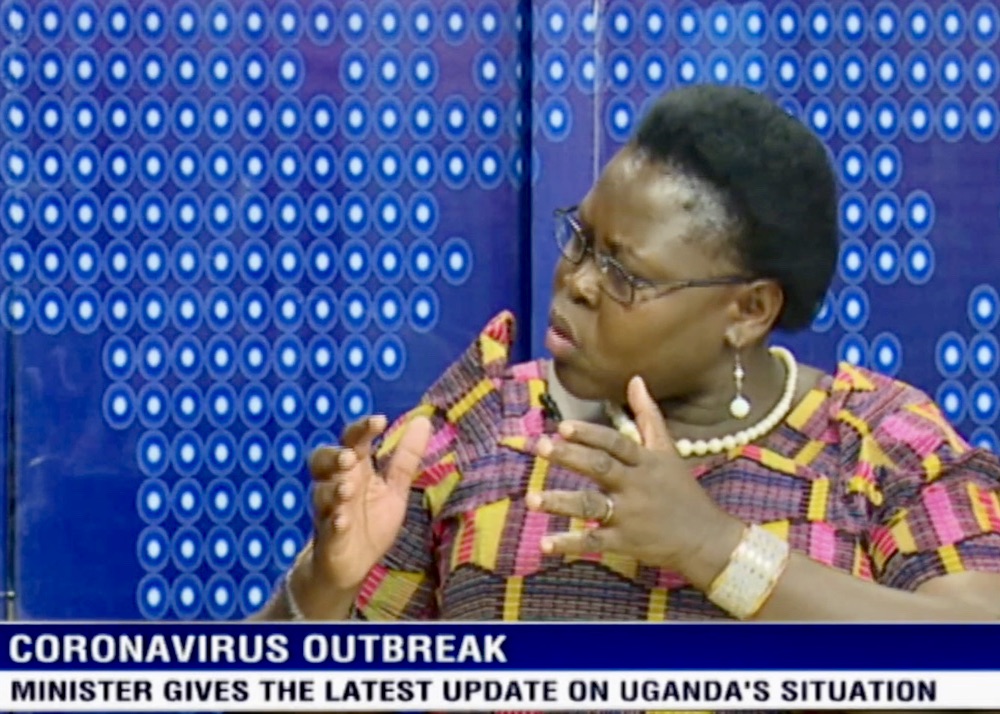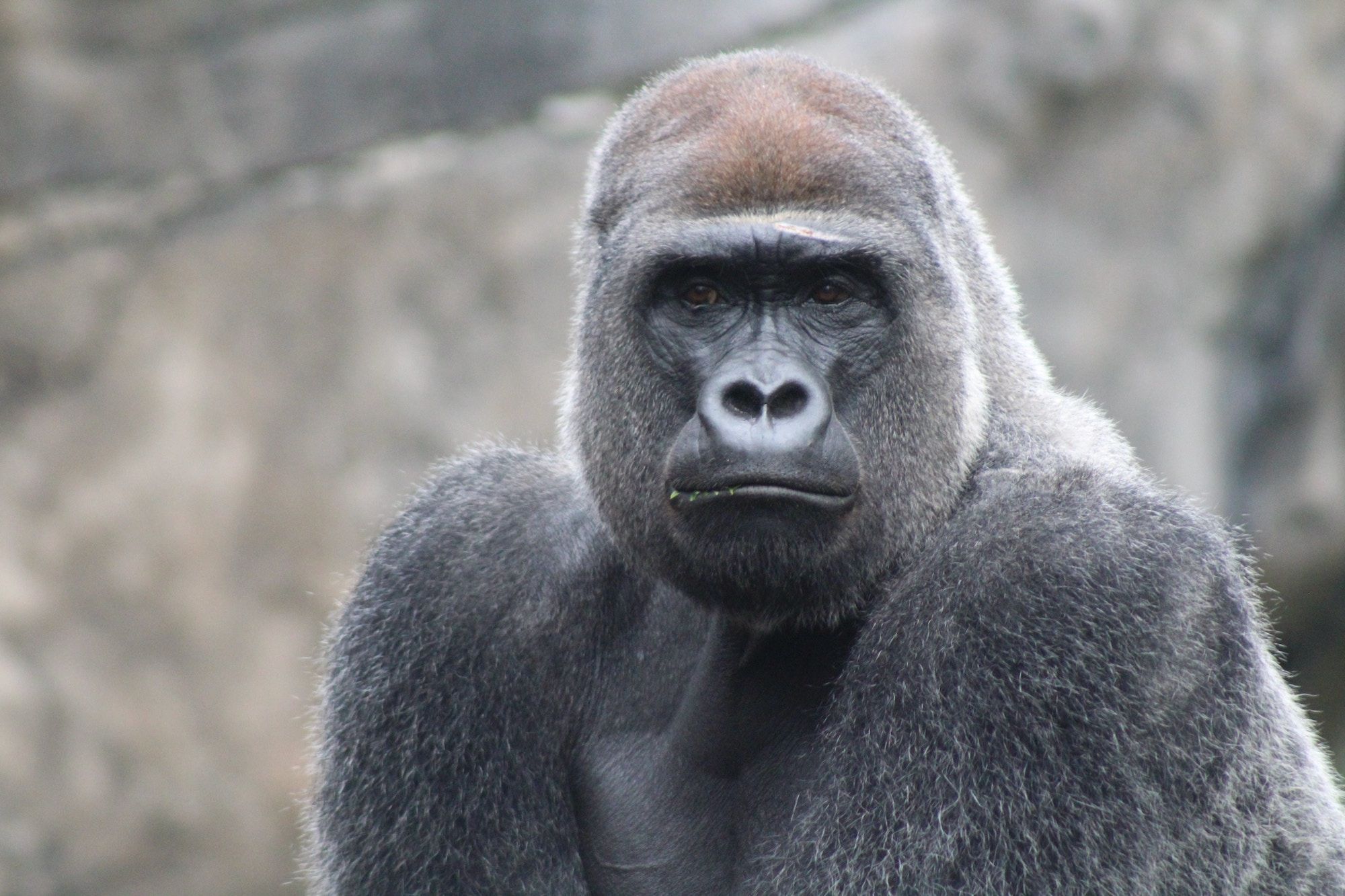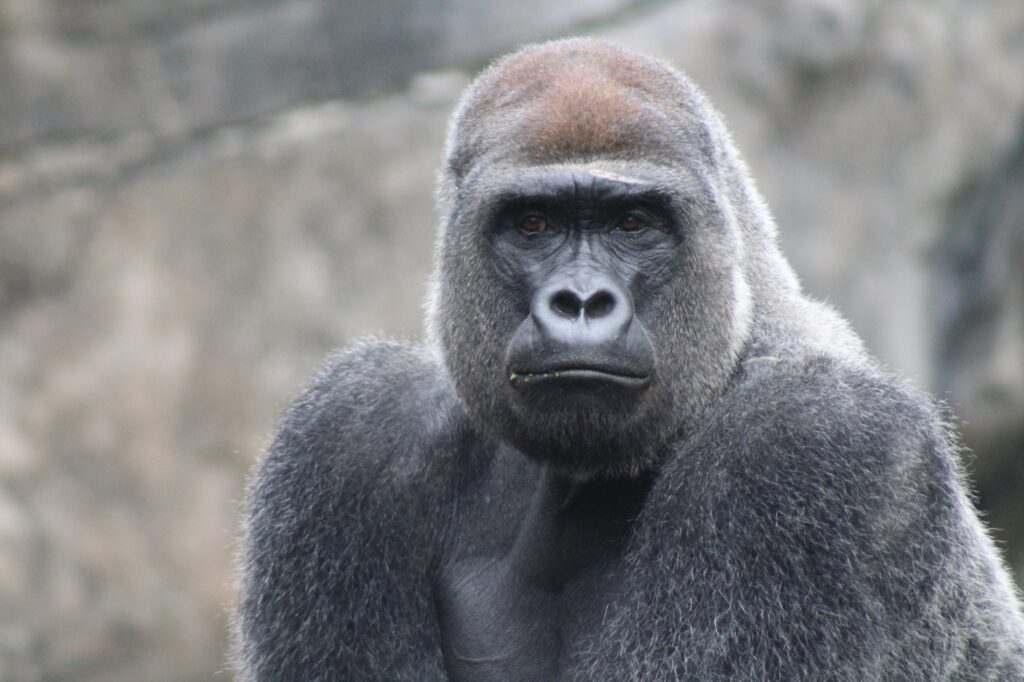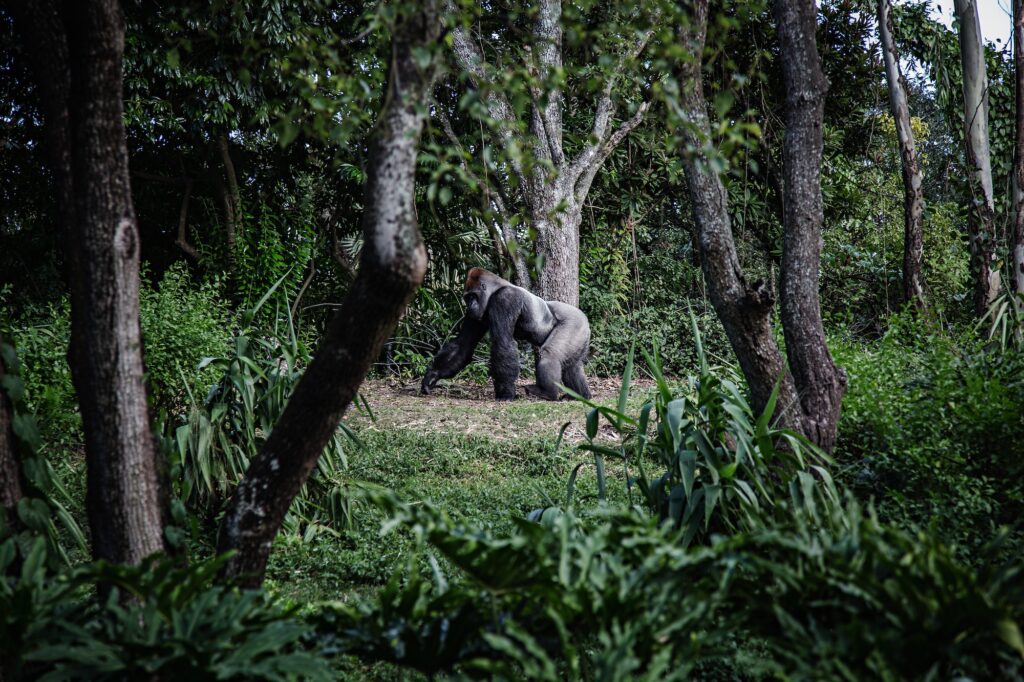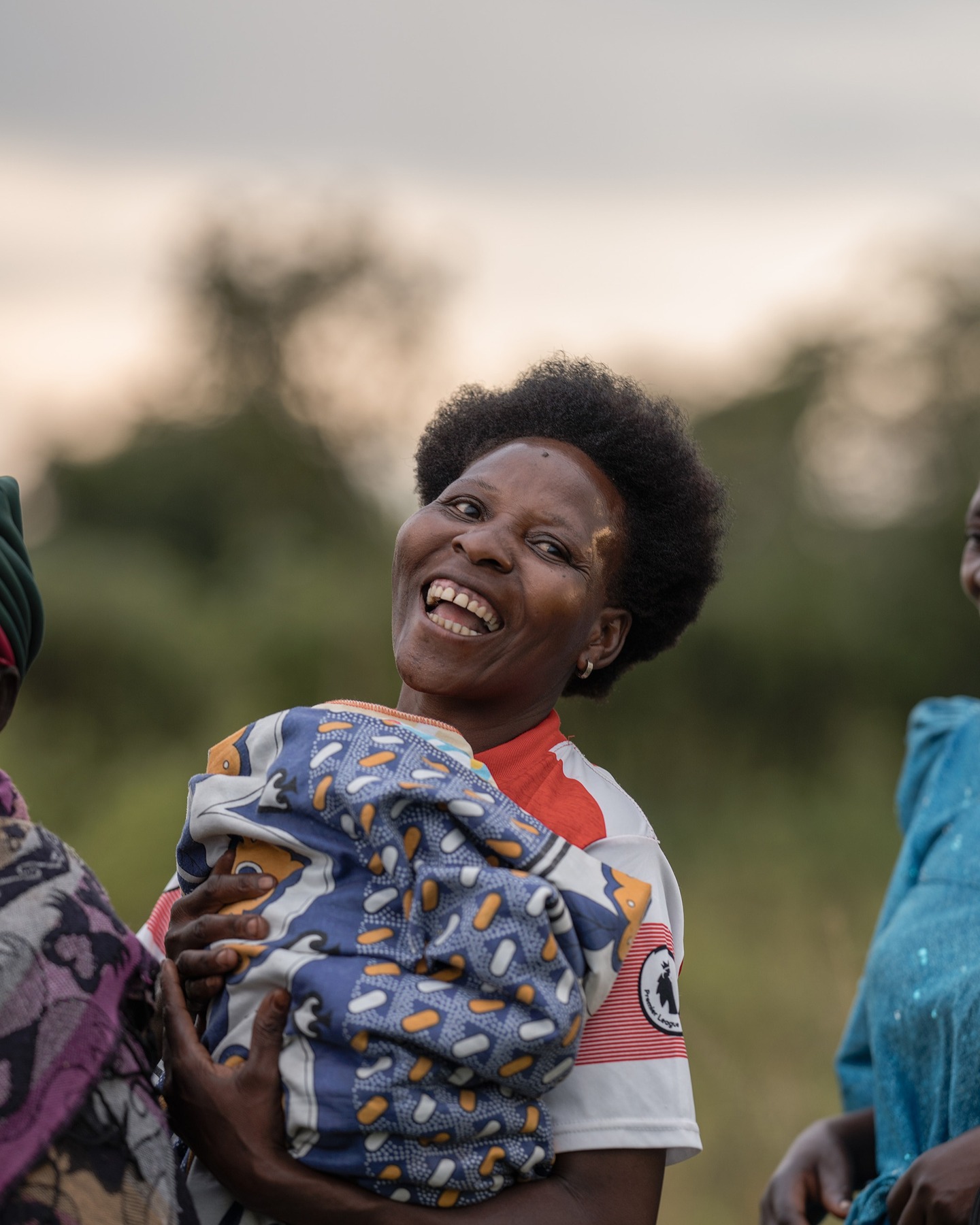Curious About Our Learning Center?
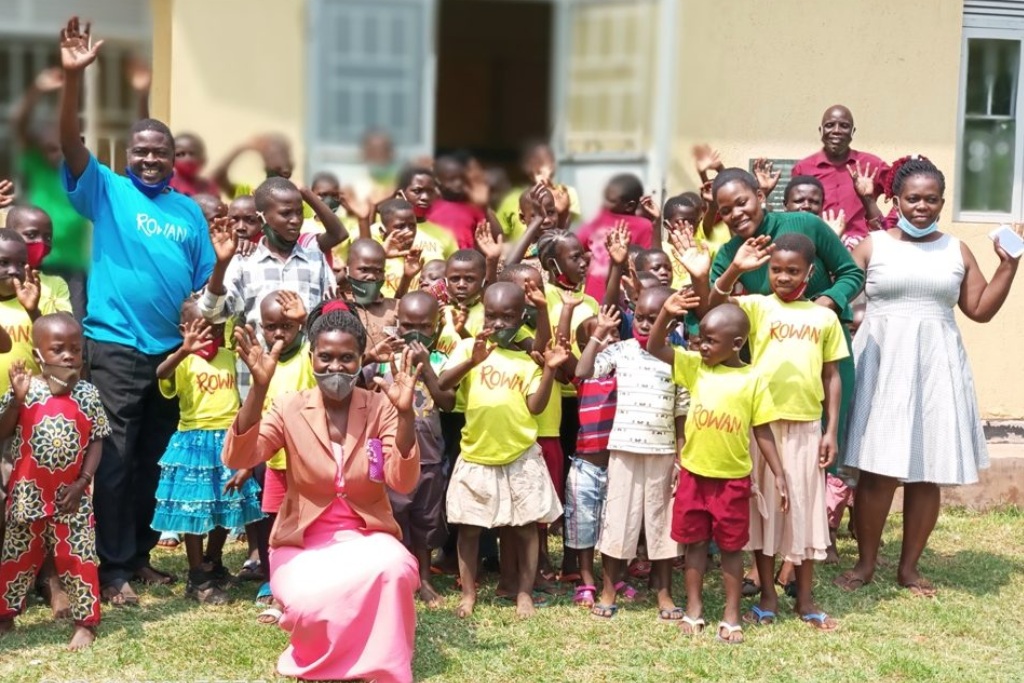
An Update on the ROWAN Learning Center, Part 1
Just as it is in other countries around the world, the COVID-19 pandemic continues to affect families in Uganda. The Ugandan government announced last week that schools for older children may begin opening in March. While this is good news for older children, younger children in nursery through Primary Level 5 will still have to remain at home.
What’s the Learning Center and when will it open?
Our ROWAN team in Uganda has been working tirelessly to meet needs and fill in the gaps during this COVID crisis. Due to the hard work of our board and team in Uganda as well as the generous donations we received during our Christmas fundraiser, we are now able to move forward with a way to meet the educational needs of these younger students through opening The ROWAN Learning Center for children in nursery through Primary Level 5 (which is similar to 5th grade in the U.S.).
We are working with the local government and elementary schools to get our Learning Center up and running by the end of February! The learning center will be based in our Hall of Hope building and will have four teachers on staff.
How will it work?
Along with helping to make the Learning Center possible, the generous donations we received from our sponsors also cover regular meals for the orphans, all of the necessary school supplies, sanitizing and hygenic supplies, bus rides on the ROWAN bus to and from school, and new school uniforms!
Sharing the exciting update with ROWAN orphans!
Earlier this week, primary children (aged 4 to 12) were able to gather at the Hall of Hope for the first time since March of 2020. We picked the children up from six different zones using the ROWAN bus that our sponsors helped fund!
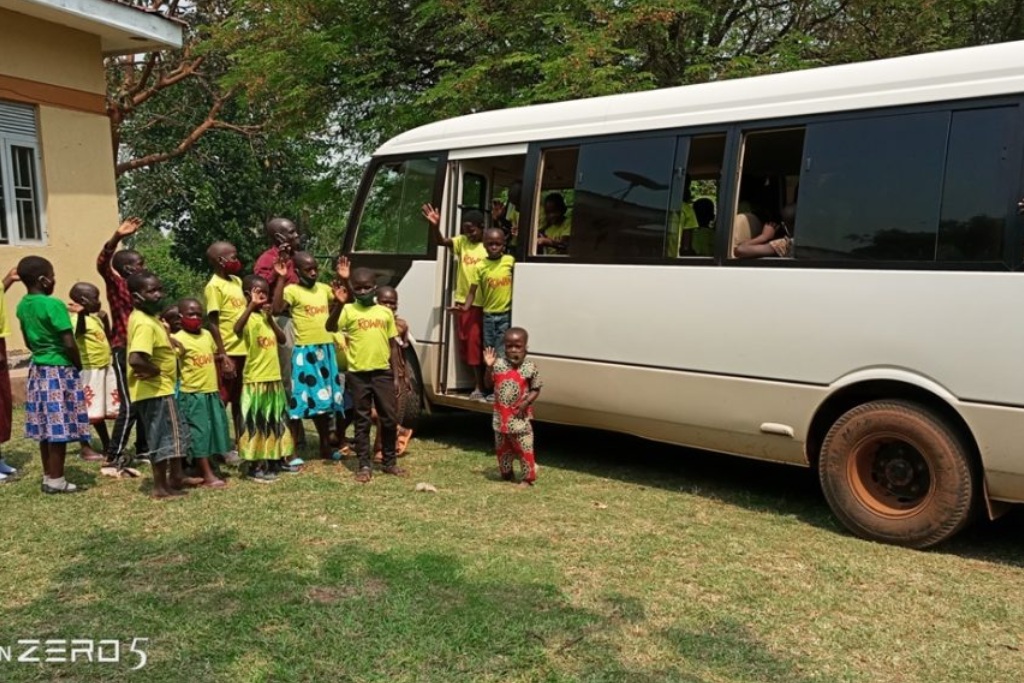
It was a joyous day, and Pastor Sam Kuloba said that the children were very excited to all be together again. Our local ROWAN team plans to hold a similar gathering later this week for the older children.
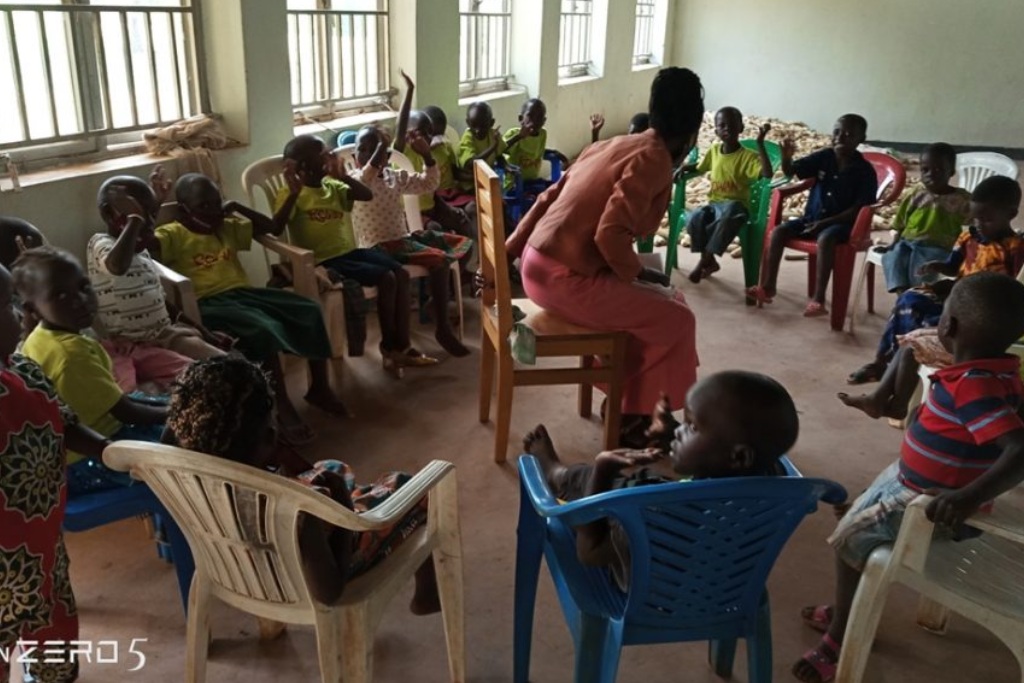
Stay tuned for further updates!
We will continue to post updates on the Learning Center as it progresses. If you would like to continue to support ROWAN in our work at the Learning Center, please click here and select “Education and Training” under the “Purpose” dropdown box.
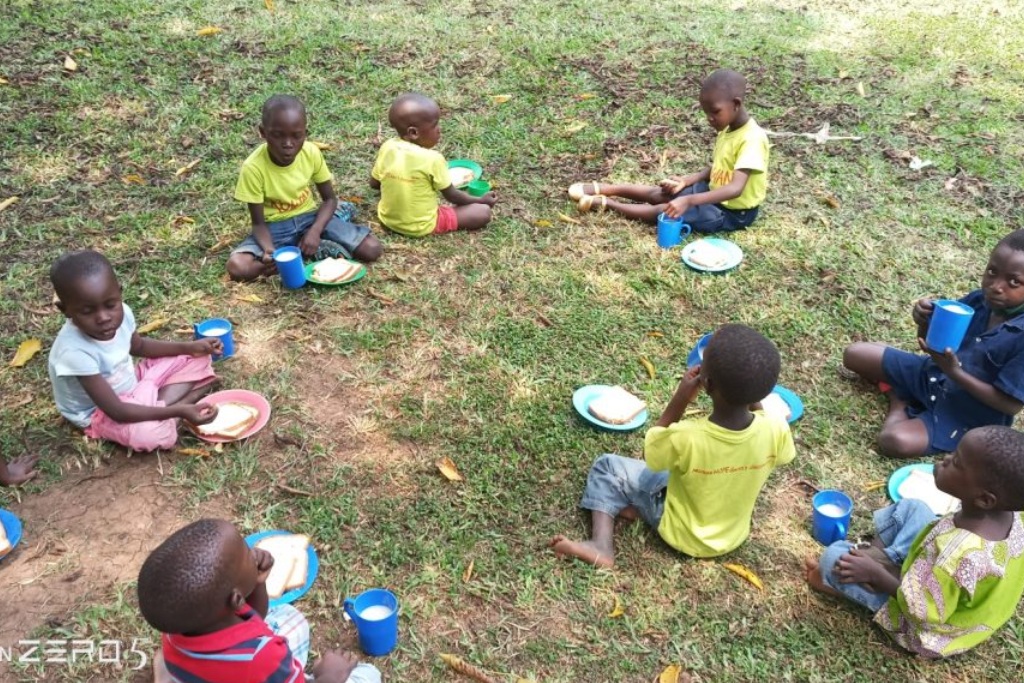
We appreciate all the support and love you, our sponsors and friends, give so willingly. Please continue to pray for our board and staff in Uganda as they work faithfully to make sure the children are able to continue their education with love and hope in Christ!
